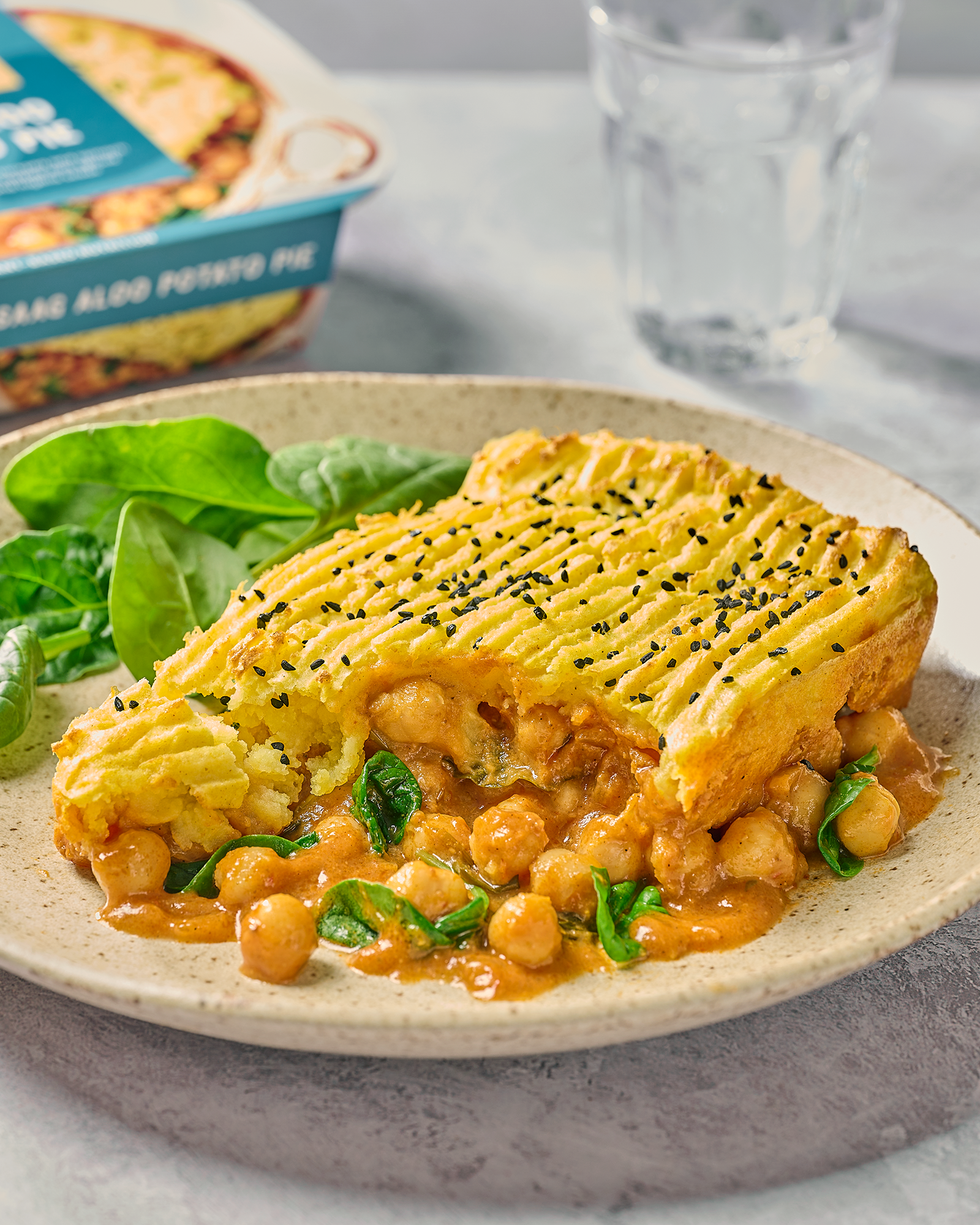Why We Should All Eat More Fibre
Did you know, only 9% of people in the UK eat enough fibre every day? The current daily recommendation is 30g, but the average intake in the UK currently comes in around 20g.
And the more sophisticated the research into fibre gets, the more we learn just how amazing it is for us. We know now that diets rich in fibre are associated with good heart health, and gut health.
Gut health:
There’s a lot of different foods that can impact your gut health, from plant diversity to prebiotics and fermented foods, but in our opinion, fibre tops the list as the most important (and arguably easiest) way to make a difference. Fibre works to keep your gut healthy in a few ways:
1. Fibre passes through our bodies without being broken down, helping other food to move through along the way. Keeping everything moving and speeding up how long it takes to pass through keeps our digestive system happy and healthy.
2. It also helps to keep stools soft, which may help prevent or treat constipation.
3. Fibre also feeds your gut microbiome, meaning more ‘good’ gut bacteria and a more diverse gut microbiome.
4. Resistant starch (a specific type of fibre – more on that HERE) specifically supports the large intestine. It can’t be digested in the small intestine, but does ferment in the large intestine, producing short-chain fatty acids, which help keep the gut healthy.
Heart health:
Soluble fibre found in plant foods such as beans, oats and flaxseed may help control (and lower) the amount of ‘bad’ cholesterol in your blood. Studies have also shown that high-fibre foods may have other heart-health benefits, such as reducing blood pressure and inflammation.
What foods are high in fibre?
Vegetables, skin-on fruit, whole grains, beans, seeds, and nuts are generally good sources of fibre. To help build a diverse, healthy gut microbiome, it’s recommended to eat a range of different fibres from various sources (another reason we recommend eating 30 plants a week!)
Ingredients we use that are packed with fibre:
- Red lentils: 16g of fibre per cup
- Black beans: 14g of fibre per cup
- Pinto beans: 15 g of fibre per cup
- Chickpeas: 14g of fibre per cup
- Cannellini beans: 11g of fibre per cup
- Green peas: 7g of fibre per cup
- Boiled potato (with skin): 5 g of fibre per medium potato
- Brown rice: 4 g of fibre per cup
- Roasted sweet potato: 4g of fibre per medium potato
- Wild rice: 3g fibre per cup
- Sweetcorn: 3g of fibre per cup
- Raw carrot: 3g of fibre per cup

